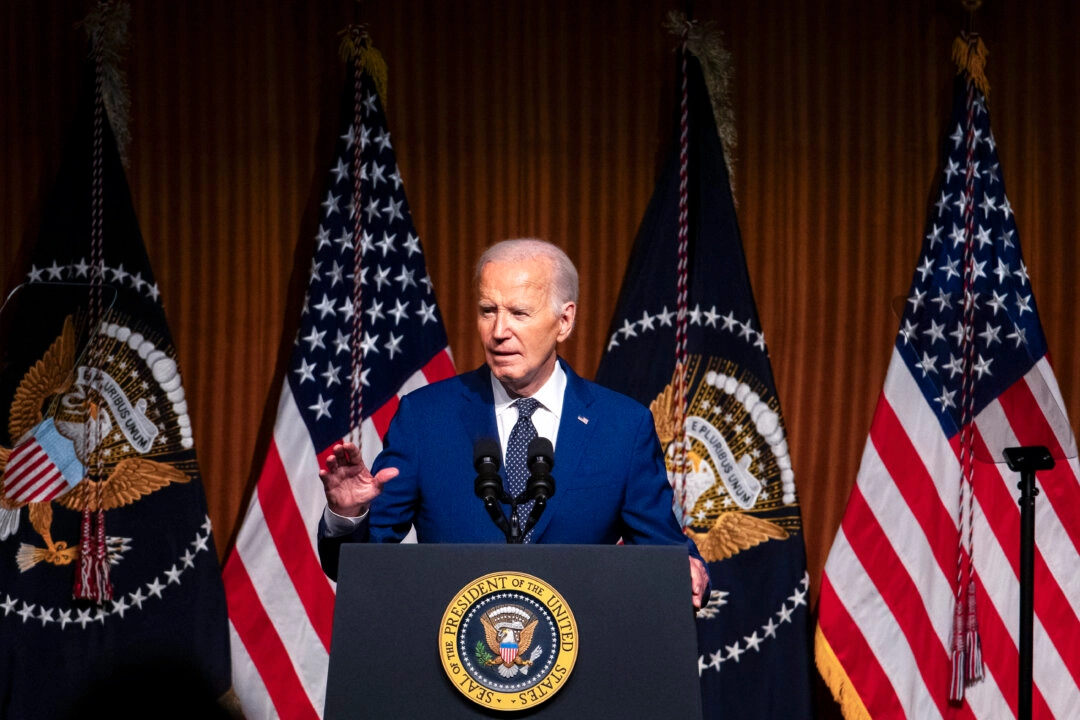On July 29, 2024, President Joe Biden delivered a powerful speech at the Lyndon Baines Johnson Library and Museum in Austin, Texas, marking the 60th anniversary of the Civil Rights Act. In his address, President Biden proposed significant reforms to the U.S. Supreme Court, emphasizing the need for a mandatory code of ethics and greater accountability within the judiciary.
“We need a mandatory code of ethics for the Supreme Court, and we need it now,” Biden asserted, highlighting the urgency of his proposed changes. The President outlined three key reforms: implementing 18-year term limits for justices, establishing a binding code of conduct, and proposing a constitutional amendment to reverse the recent ruling that grants presidents immunity for official acts while in office.
The proposed 18-year term limits, suggested by a bipartisan commission, aim to make the timing of court nominations more predictable, ensuring a fairer and less arbitrary process. The code of conduct would require justices to disclose gifts, refrain from public political activity, and recuse themselves from cases where conflicts of interest may arise.
President Biden stressed the importance of these reforms, stating, “Fellow Americans, based on all my experience, I’m certain we need these reforms. We need these reforms to ensure trust in the courts [and] preserve the system of checks and balances that are vital to our democracy.”
As the United States approaches its 250th anniversary on July 4, 2026, Biden urged the nation to consider the future of American democracy. “We can and must protect and expand our civil rights in America. We can and must prevent the abuse of presidential power and restore faith in the Supreme Court. We can and must strengthen the guardrails of democracy,” he proclaimed.
In a related op-ed, President Biden called on Congress to support his proposals, emphasizing that no one, including the president or Supreme Court justices, is above the law. His call for reform follows years of progressive advocacy for changes to the judiciary, including the recent controversies surrounding the Supreme Court’s decisions on issues such as presidential immunity and the overturning of Roe v. Wade.
While Biden’s proposals face significant legislative hurdles, including the need for bipartisan support, his speech marks a notable effort to restore public confidence in the judicial system. The President’s call for a binding code of conduct and term limits for justices represents the most substantial effort to reform the Supreme Court since Franklin D. Roosevelt’s era.
As the nation reflects on the legacy of the Civil Rights Act, President Biden’s speech underscores the ongoing struggle for justice and equality, and the critical role the Supreme Court plays in shaping the future of American democracy.


